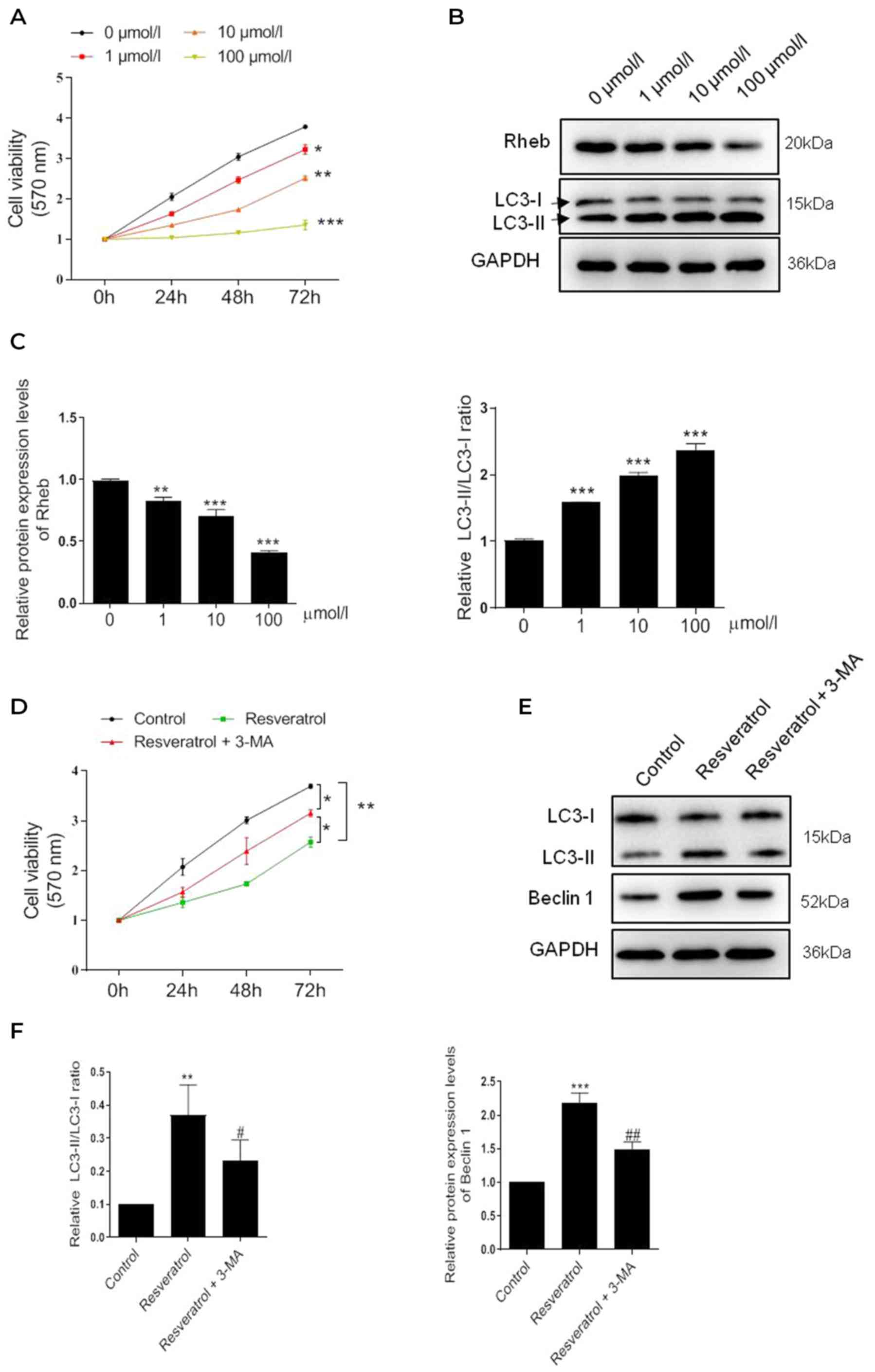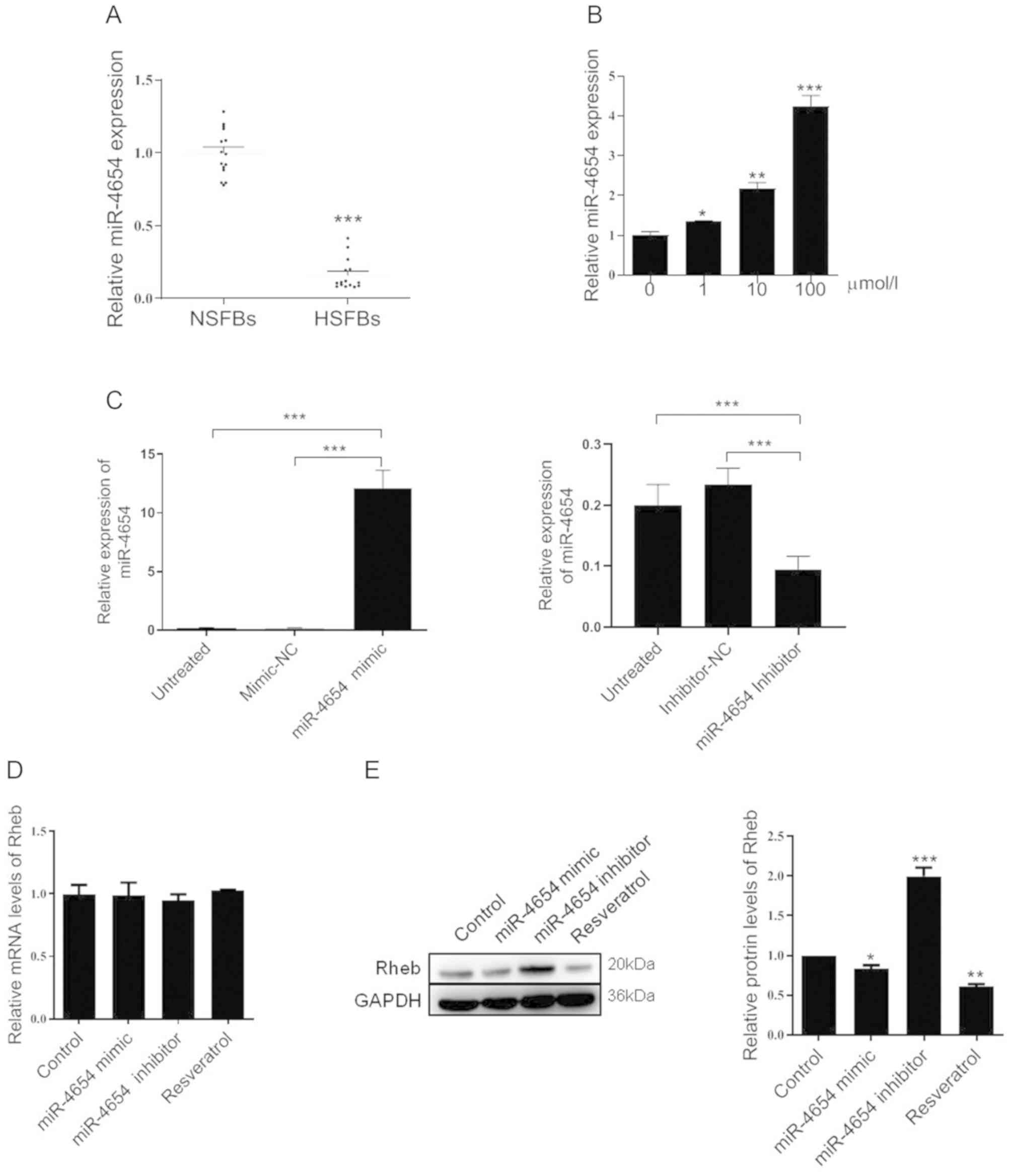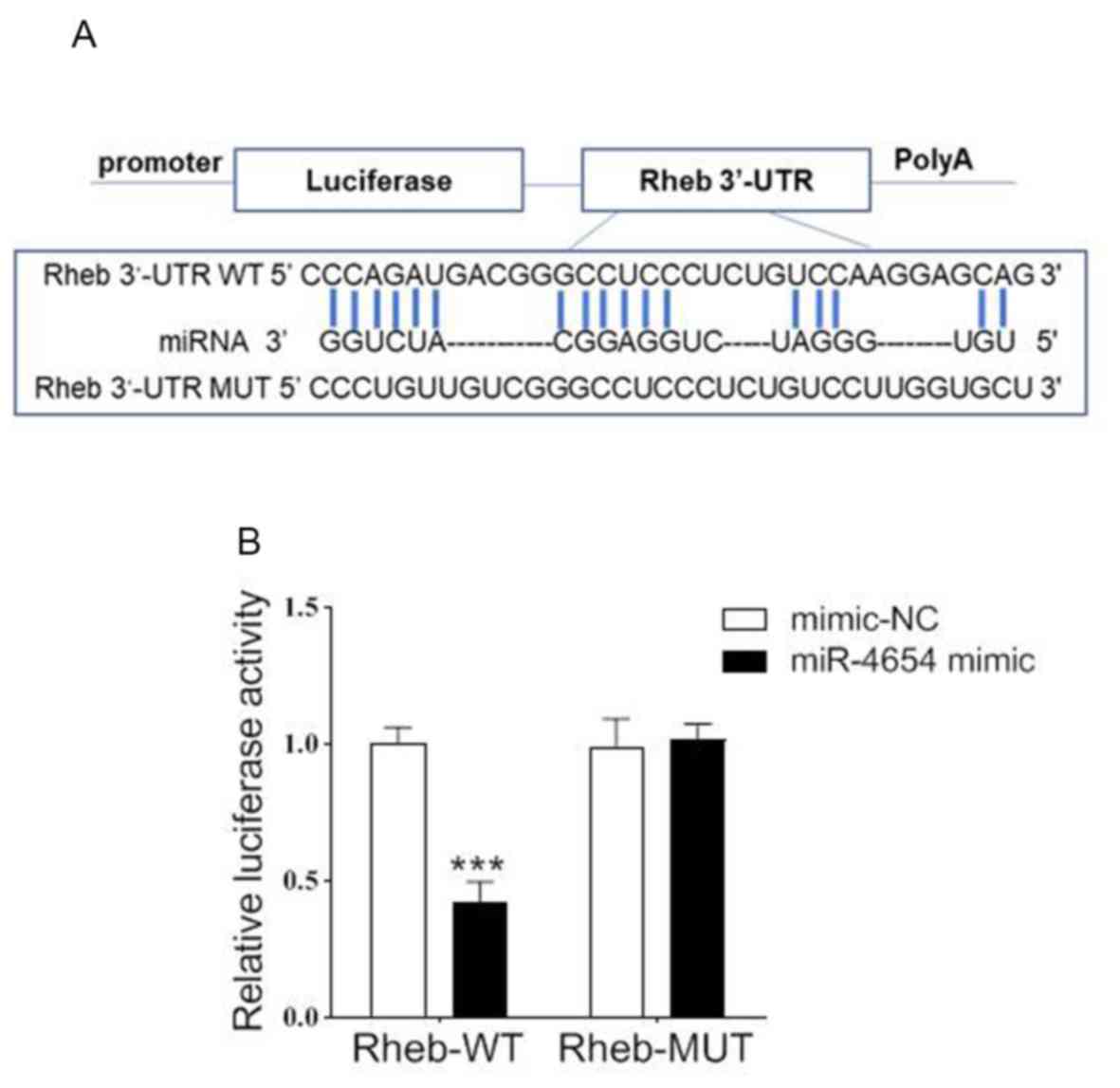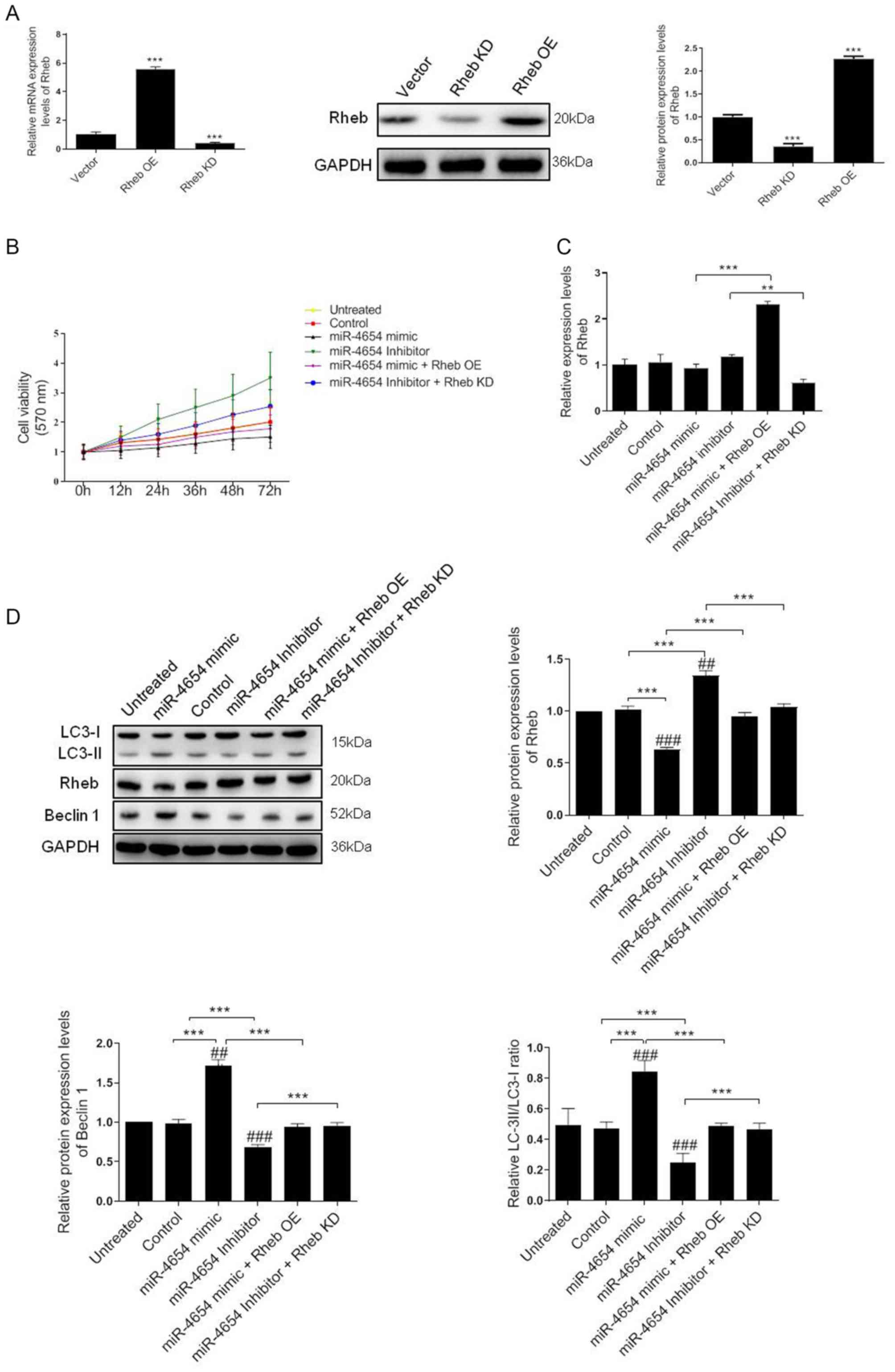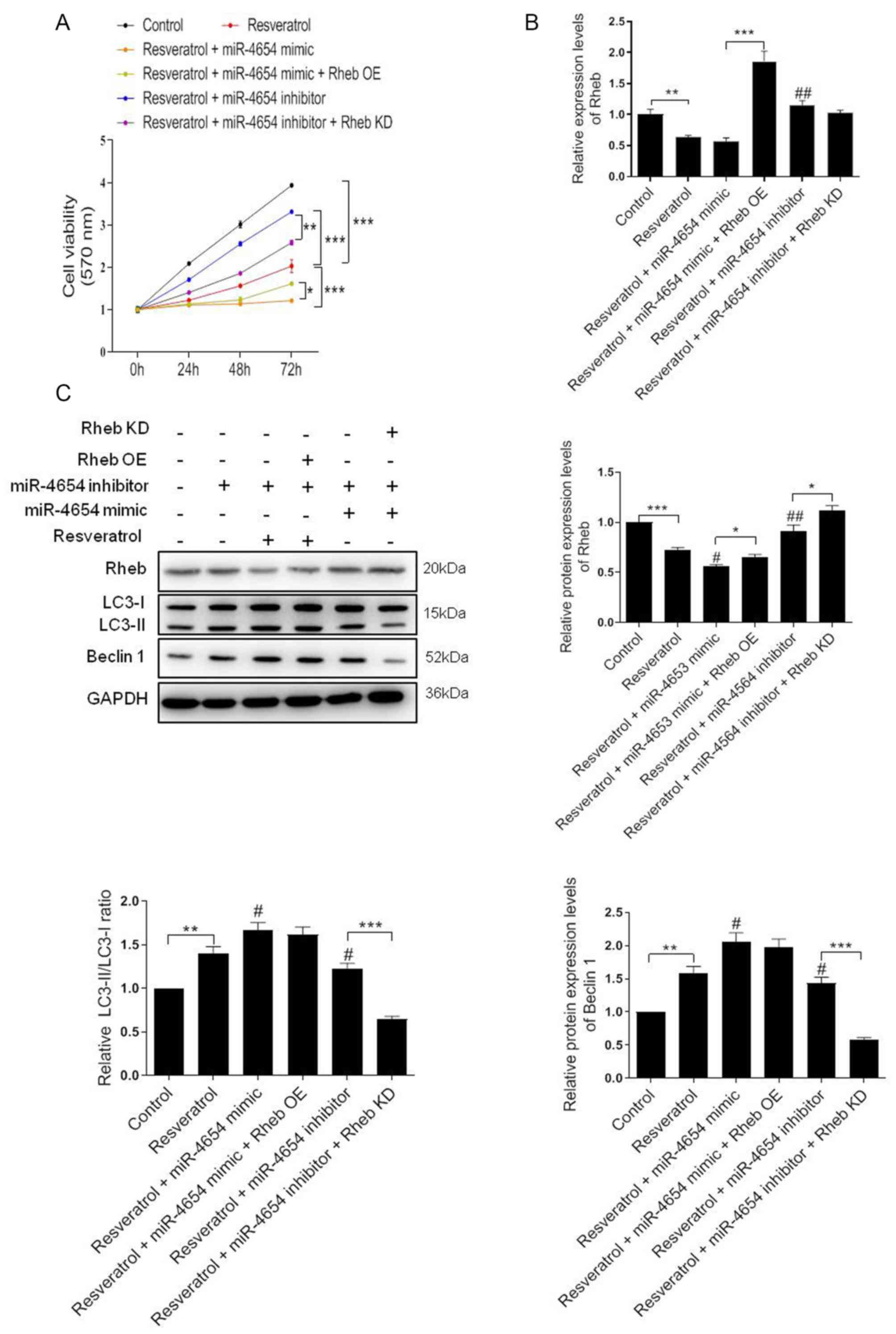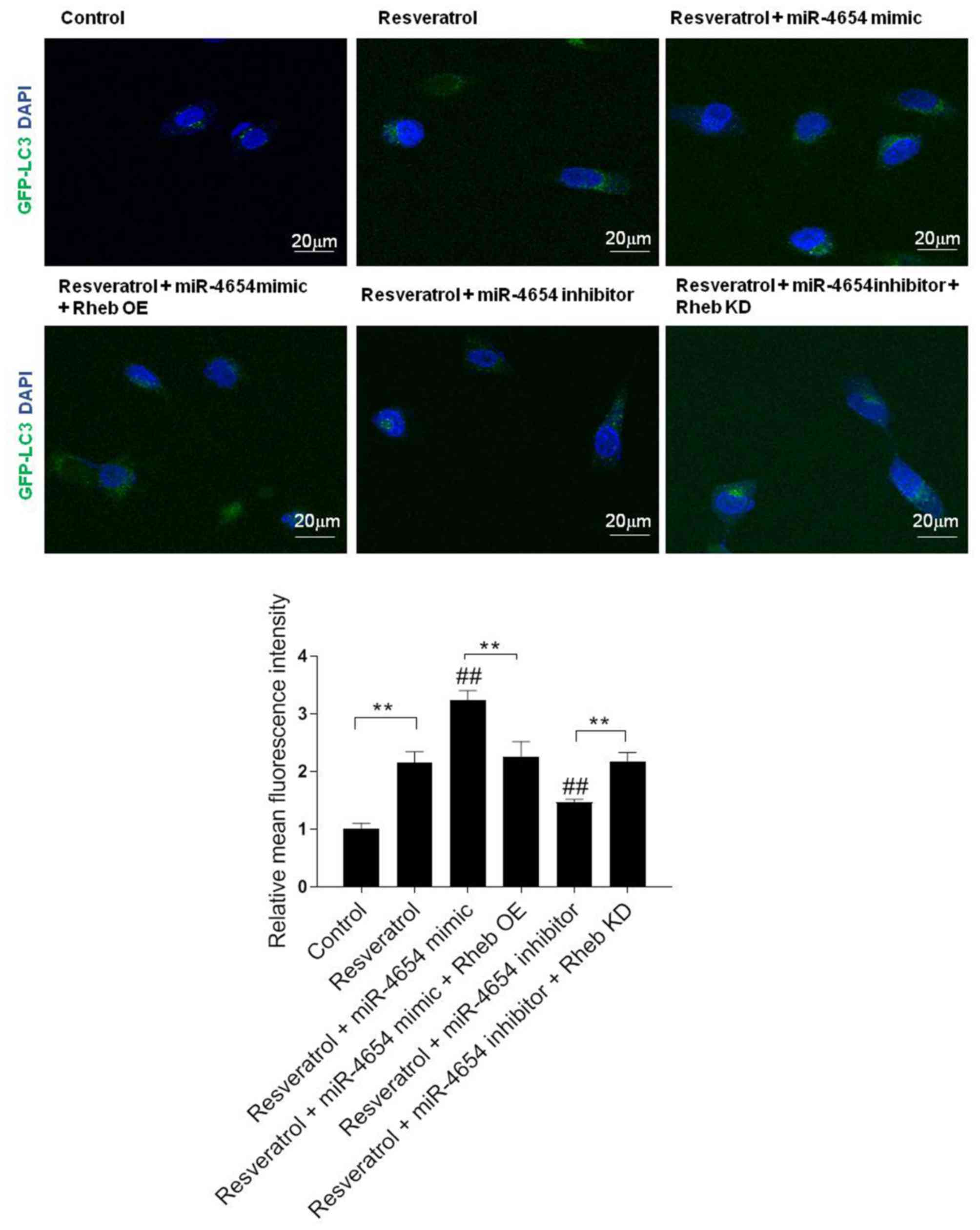|
1
|
Lee HJ and Jang YJ: Recent Understandings
of biology, prophylaxis and treatment strategies for hypertrophic
scars and keloids. Int J Mol Sci. 19:34402018.
|
|
2
|
Zhu Z, Ding J, Shankowsky HA and Tredget
EE: The molecular mechanism of hypertrophic scar. J Cell Commun
Signal. 7:239–252. 2013. View Article : Google Scholar : PubMed/NCBI
|
|
3
|
Wang X, Zhang Y, Jiang BH, Zhang Q, Zhou
RP, Zhang L and Wang C: Study on the role of Hsa-miR-31-5p in
hypertrophic scar formation and the mechanism. Exp Cell Res.
361:201–209. 2017. View Article : Google Scholar : PubMed/NCBI
|
|
4
|
Tomasek JJ, Gabbiani G, Hinz B, Chaponnier
C and Brown RA: Myofibroblasts and mechano-regulation of connective
tissue remodelling. Nat Rev Mol Cell Biol. 3:349–363. 2002.
View Article : Google Scholar : PubMed/NCBI
|
|
5
|
Alster T: Laser scar revision: Comparison
study of 585-nm pulsed dye laser with and without intralesional
corticosteroids. Dermatol Surg. 29:25–29. 2003. View Article : Google Scholar : PubMed/NCBI
|
|
6
|
Wittenberg GP, Fabian BG, Bogomilsky JL,
Schultz LR, Rudner EJ, Chaffins ML, Saed GM, Burns RL and Fivenson
DP: Prospective, single-blind, randomized, controlled study to
assess the efficacy of the 585-nm flashlamp-pumped pulsed-dye laser
and silicone gel sheeting in hypertrophic scar treatment. Arch
Dermatol. 135:1049–1055. 1999. View Article : Google Scholar : PubMed/NCBI
|
|
7
|
Wang J, Hori K, Ding J, Huang Y, Kwan P,
Ladak A and Tredget EE: Toll-like receptors expressed by dermal
fibroblasts contribute to hypertrophic scarring. J Cell Physiol.
226:1265–1273. 2011. View Article : Google Scholar : PubMed/NCBI
|
|
8
|
Armour A, Scott PG and Tredget EE:
Cellular and molecular pathology of HTS: Basis for treatment. Wound
Repair Regen. 15 (Suppl 1):S6–S17. 2007. View Article : Google Scholar : PubMed/NCBI
|
|
9
|
Li P, He QY and Luo CQ: Overexpression of
miR-200b inhibits the cell proliferation and promotes apoptosis of
human hypertrophic scar fibroblasts in vitro. J Dermatol.
41:903–911. 2014. View Article : Google Scholar : PubMed/NCBI
|
|
10
|
Li Z, Wang J and Yang X: Functions of
autophagy in pathological cardiac hypertrophy. Int J Biol Sci.
11:672–678. 2015. View Article : Google Scholar : PubMed/NCBI
|
|
11
|
Wu H, Wang Y, Wang X, Li R and Yin D:
MicroRNA-365 accelerates cardiac hypertrophy by inhibiting
autophagy via the modulation of Skp2 expression. Biochem Biophys
Res Commun. 4:304–310. 2017. View Article : Google Scholar
|
|
12
|
Goutas A, Syrrou C, Papathanasiou I,
Tsezou A and Trachana V: The autophagic response to oxidative
stress in osteoarthritic chondrocytes is deregulated. Free Radical
Biol Med. 126:122–132. 2018. View Article : Google Scholar
|
|
13
|
Xu J, Camfield R and Gorski SM: The
interplay between exosomes and autophagy-partners in crime. J Cell
Sci. 131:jcs2152102018. View Article : Google Scholar : PubMed/NCBI
|
|
14
|
Li L, Huang C, He Y, Sang Z, Liu G and Dai
H: Knockdown of long non-coding RNA GAS5 increases miR-23a by
targeting ATG3 involved in autophagy and cell viability. Cell
Physiol Biochem. 48:1723–1734. 2018. View Article : Google Scholar : PubMed/NCBI
|
|
15
|
Sun K, Deng W, Zhang S, Cai N, Jiao S,
Song J and Wei L: Paradoxical roles of autophagy in different
stages of tumorigenesis: Protector for normal or cancer cells. Cell
Bio Sci. 3:352013.
|
|
16
|
Pabon MA, Ma KC and Choi AM: Autophagy and
obesity-related lung disease. Am J Respir Cell Mol Biol.
54:636–646. 2016. View Article : Google Scholar : PubMed/NCBI
|
|
17
|
Luo L and Qin ZH: Autophagy, aging, and
longevity. Adv Exp Med Biol. 1206:509–525. 2019. View Article : Google Scholar : PubMed/NCBI
|
|
18
|
Lv L, Lin K, Gao W, He ZL, Gao ZM, Li ZF
and Li JJ: Starvation induces autophagy of hypertrophic scar
fibroblasts. Chin J Pathophysiology. 29:330–333. 2013.
|
|
19
|
Xu J, Zhao J, Evan G, Xiao C, Cheng Y and
Xiao J: Circulating microRNAs: Novel biomarkers for cardiovascular
diseases. J Mol Med (Berl). 90:865–875. 2012. View Article : Google Scholar : PubMed/NCBI
|
|
20
|
Alevizos I and Illei GG: MicroRNAs as
biomarkers in rheumatic diseases. Nat Rev Rheumatol. 6:391–398.
2010. View Article : Google Scholar : PubMed/NCBI
|
|
21
|
Wang H, Bei Y, Huang P, Zhou Q, Shi J, Sun
Q, Zhong J, Li X, Kong X and Xiao J: Inhibition of miR-155 protects
against LPS-induced cardiac dysfunction and apoptosis in mice. Mol
Ther Nucleic Acids. 5:e3742016. View Article : Google Scholar : PubMed/NCBI
|
|
22
|
Behm-Ansmant I, Rehwinkel J and Izaurralde
E: MicroRNAs silence gene expression by repressing protein
expression and/or by promoting mRNA decay. Cold Spring Harb Symp
Quant Biol. 71:523–530. 2006. View Article : Google Scholar : PubMed/NCBI
|
|
23
|
Shi J, Bei Y, Kong X, Liu X, Lei Z, Xu T,
Wang H, Xuan Q, Chen P, Xu J, et al: miR-17-3p contributes to
exercise-induced cardiac growth and protects against myocardial
ischemia-reperfusion injury. Theranostics. 7:664–676. 2017.
View Article : Google Scholar : PubMed/NCBI
|
|
24
|
Lv J, Yang L, Guo R, Shi Y, Zhang Z and Ye
J: Ox-LDL-induced MicroRNA-155 promotes autophagy in human
endothelial cells via repressing the Rheb/mTOR pathway. Cell
Physiol Biochem. 43:1436–1448. 2017. View Article : Google Scholar : PubMed/NCBI
|
|
25
|
Wang P, Zhang J, Zhang L, Zhu Z, Fan J,
Chen L, Zhuang L, Luo J, Chen H, Liu L, et al: MicroRNA 23b
regulates autophagy associated with radioresistance of pancreatic
cancer cells. Gastroenterology. 145:1133–1143. 2013. View Article : Google Scholar : PubMed/NCBI
|
|
26
|
Li G, Zhou R, Zhang Q, Jiang B, Wu Q and
Wang C: Fibroproliferative effect of microRNA-21 in hypertrophic
scar derived fibroblasts. Exp Cell Res. 339:360–366.
2015.PubMed/NCBI
|
|
27
|
Zhang Q, Guo B, Hui Q, Chang P and Tao K:
miR-137 inhibits proliferation and metastasis of hypertrophic scar
fibroblasts via targeting pleiotrophin. Cell Physiol Biochem.
49:985–995. 2018. View Article : Google Scholar
|
|
28
|
Xu XH, Ding DF, Yong HJ, Dong CL, You N,
Ye XL, Pan ML, Ma JH, You Q and Lu YB: Resveratrol
transcriptionally regulates miRNA-18a-5p expression ameliorating
diabetic nephropathy via increasing autophagy. Eur Rev Med
Pharmacol Sci. 21:4952–4965. 2017.PubMed/NCBI
|
|
29
|
Han Y, Jo H, Cho JH, Dhanasekaran DN and
Song YS: Resveratrol as a tumor-suppressive nutraceutical
modulating tumor microenvironment and malignant behaviors of
cancer. Int J Mol Sci. 20:9252019. View Article : Google Scholar
|
|
30
|
Jimenez-Gomez Y, Mattison JA, Pearson KJ,
Martin-Montalvo A, Palacios HH, Sossong AM, Ward TM, Younts CM,
Lewis K, Allard JS, et al: Resveratrol improves adipose insulin
signaling and reduces the inflammatory response in adipose tissue
of rhesus monkeys on high-fat, high-sugar diet. Cell Metab.
18:533–545. 2013. View Article : Google Scholar : PubMed/NCBI
|
|
31
|
Kou X and Chen N: Resveratrol as a natural
autophagy regulator for prevention and treatment of Alzheimer's
disease. Nutrients. 9:9272017. View Article : Google Scholar
|
|
32
|
Zhu H, Wu H, Liu X, Li B, Chen Y, Ren X,
Liu CG and Yang JM: Regulation of autophagy by a Beclin 1-targeted
microRNA, miR-30a, in cancer cells. Autophagy. 6:816–623. 2009.
View Article : Google Scholar
|
|
33
|
Mehta M, Branford OA and Rolfe KJ: The
evidence for natural therapeutics as potential anti-scarring agents
in burn-related scarring. Burns Trauma. 4:152016. View Article : Google Scholar : PubMed/NCBI
|
|
34
|
Sciarretta S, Zhai P, Shao D, Maejima Y,
Robbins J, Volpe M, Condorelli G and Sadoshima J: Rheb is a
critical regulator of autophagy during myocardial ischemia:
Pathophysiological implications in obesity and metabolic syndrome.
Circulation. 125:1134–1146. 2012. View Article : Google Scholar : PubMed/NCBI
|
|
35
|
Zeng G, Zhong F, Li J, Luo S and Zhang P:
Resveratrol-mediated reduction of collagen by inhibiting
proliferation and producing apoptosis in human hypertrophic scar
fibroblasts. Biosci Biotechnol Biochem. 77:2389–2396. 2013.
View Article : Google Scholar : PubMed/NCBI
|
|
36
|
Bai XZ, Liu JQ, Yang LL, Fan L, He T, Su
LL, Shi JH, Tang CW, Zheng Z and Hu DH: Identification of sirtuin 1
as a promising therapeutic target for hypertrophic scars. Br J
Pharmacol. 173:1589–1601. 2016. View Article : Google Scholar : PubMed/NCBI
|
|
37
|
Livak KJ and Schmittgen TD: Analysis of
relative gene expression data using real-time quantitative PCR and
the 2(-Delta Delta C(T)) method. Methods. 25:402–408. 2001.
View Article : Google Scholar : PubMed/NCBI
|
|
38
|
Braunwald E: The war against heart
failure: The Lancet lecture. Lancet. 385:812–824. 2015. View Article : Google Scholar : PubMed/NCBI
|
|
39
|
Doherty J and Baehrecke EH: Life, death
and autophagy. Nat Cell Biol. 20:1110–1117. 2018. View Article : Google Scholar : PubMed/NCBI
|
|
40
|
Levy JMM, Towers CG and Thorburn A:
Targeting autophagy in cancer. Nat Rev Cancer. 17:528–542. 2017.
View Article : Google Scholar : PubMed/NCBI
|
|
41
|
Nikoletopoulou V, Markaki M, Palikaras K
and Tavernarakis N: Crosstalk between apoptosis, necrosis and
autophagy. Biochim Biophys Acta. 1833:3448–3459. 2013. View Article : Google Scholar : PubMed/NCBI
|
|
42
|
Mizushima N and Komatsu M: Autophagy:
Renovation of cells and tissues. Cell. 147:728–741. 2011.
View Article : Google Scholar : PubMed/NCBI
|
|
43
|
Shi JH, Hu DH, Zhang ZF, Bai XZ, Wang HT,
Zhu XX, Su YJ and Tang CW: Reduced expression of
microtubule-associated protein 1 light chain 3 in hypertrophic
scars. Arch Dermatol Res. 304:209–215. 2012. View Article : Google Scholar : PubMed/NCBI
|
|
44
|
Shi J, Xiao H, Li J, Zhang J, Li Y, Zhang
J, Wang X, Bai X, Tao K, Hu D and Guan H: Wild-type p53-modulated
autophagy and autophagic fibroblast apoptosis inhibit hypertrophic
scar formation. Lab Invest. 98:1423–1437. 2018. View Article : Google Scholar : PubMed/NCBI
|
|
45
|
Shi J, Wang H, Guan H, Shi S, Li Y, Wu X,
Li N, Yang C, Bai X, Cai W, et al: IL10 inhibits starvation-induced
autophagy in hypertrophic scar fibroblasts via cross talk between
the IL10-IL10R-STAT3 and IL10-AKT-mTOR pathways. Cell Death Dis.
7:e21332016. View Article : Google Scholar : PubMed/NCBI
|
|
46
|
De Felice B, Garbi C, Santoriello M,
Santillo A and Wilson RR: Differential apoptosis markers in human
keloids and hypertrophic scars fibroblasts. Mol Cell Biochem.
327:191–201. 2009. View Article : Google Scholar : PubMed/NCBI
|
|
47
|
Babuta M, Furi I, Bala S, Bukong TN, Lowe
P, Catalano D, Calenda C, Kodys K and Szabo G: Dysregulated
autophagy and lysosome function are linked to exosome production by
Micro-RNA 155 in Alcoholic liver disease. Hepatology. 70:2123–2141.
2019. View Article : Google Scholar : PubMed/NCBI
|
|
48
|
Chen LJ, Wei SY and Chiu JJ: Mechanical
regulation of epigenetics in vascular biology and pathobiology. J
Cell Mol Med. 17:437–448. 2013. View Article : Google Scholar : PubMed/NCBI
|
|
49
|
Donaldson CJ, Lao KH and Zeng L: The
salient role of microRNAs in atherogenesis. J Mol Cell Cardiol.
122:98–113. 2018. View Article : Google Scholar : PubMed/NCBI
|
|
50
|
Wu ZY, Lu L, Liang J, Guo XR, Zhang PH and
Luo SJ: Keloid microRNA expression analysis and the influence of
miR-199a-5p on the proliferation of keloid fibroblasts. Genet Mol
Res. 13:2727–2738. 2014. View Article : Google Scholar : PubMed/NCBI
|
|
51
|
Li C, Bai Y, Liu H, Zuo X, Yao H, Xu Y and
Cao M: Comparative study of microRNA profiling in keloid fibroblast
and annotation of differential expressed microRNAs. Acta Biochim
Biophys Sin (Shanghai). 45:692–699. 2013. View Article : Google Scholar : PubMed/NCBI
|
|
52
|
Kozlova A, Pachera E, Maurer B, Jüngel A,
Distler JHW, Kania G and Distler O: Regulation of fibroblast
apoptosis and proliferation by MicroRNA-125b in systemic sclerosis.
Arthritis Rheumatol. 71:2068–2080. 2019. View Article : Google Scholar : PubMed/NCBI
|
|
53
|
Zhang C, Zhang Y, Zhu H, Hu J and Xie Z:
MiR-34a/miR-93 target c-Ski to modulate the proliferaton of rat
cardiac fibroblasts and extracellular matrix deposition in vivo and
in vitro. Cell Signal. 46:145–153. 2018. View Article : Google Scholar : PubMed/NCBI
|
|
54
|
Jing Z, Han W, Sui X, Xie J and Pan H:
Interaction of autophagy with microRNAs and their potential
therapeutic implications in human cancers. Cancer Lett.
356:332–338. 2015. View Article : Google Scholar : PubMed/NCBI
|















